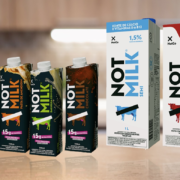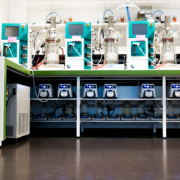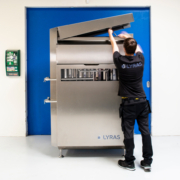Bridge Cheese continues expansion plans despite hurdles
A Shropshire, UK, business supplying cheese and dairy products to food manufacturers and the food service sector has had another great year, as the doubling of capacity at its Telford production facility brought with it new opportunities for business development and a record-breaking 12 months for turnover.











